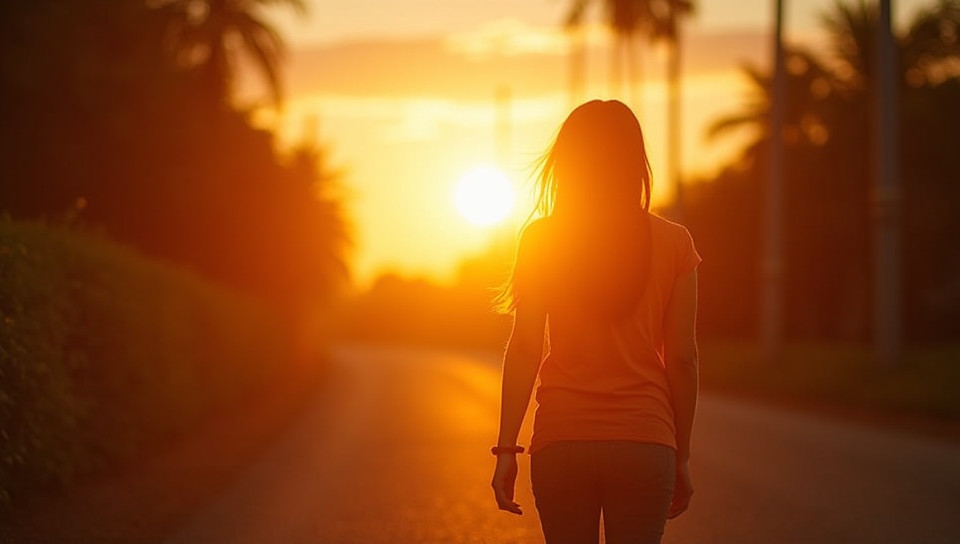Sunlight exposure affects melatonin production 86%

The Hidden Connection Between Sunlight and Sleep
Have you ever noticed how a sunny day can leave you feeling more alert and refreshed, while a gloomy one can make you feel sluggish and tired? The answer lies in the complex relationship between sunlight exposure and melatonin production. Melatonin is a hormone that regulates our sleep-wake cycles, and research has shown that it's heavily influenced by our exposure to natural light.
Understanding Melatonin Production
Melatonin is produced by the pineal gland, a small endocrine gland located in the brain. The production of melatonin is triggered by darkness and suppressed by light. This is why we typically feel more tired at night and wake up feeling refreshed in the morning.
How Sunlight Exposure Affects Melatonin Production
When sunlight enters our eyes, it sends signals to the suprachiasmatic nucleus (SCN), which is responsible for regulating our circadian rhythms. The SCN responds by suppressing melatonin production and increasing alertness. This is why we often feel more awake and alert during the day.
Here are some ways in which sunlight exposure can affect melatonin production:
- Increases alertness and energy levels
- Suppresses melatonin production, making it harder to fall asleep
- Regulates circadian rhythms, helping us feel more awake during the day and tired at night
- Can improve mood and reduce symptoms of Seasonal Affective Disorder (SAD)
The Impact on Sleep Quality
While sunlight exposure can have a negative impact on melatonin production, it's also essential for maintaining good sleep quality. Exposure to natural light in the morning helps regulate our circadian rhythms, which can lead to better sleep at night.
Conclusion
The connection between sunlight exposure and melatonin production is complex, but one thing is clear: natural light plays a critical role in regulating our sleep-wake cycles. By understanding this relationship, we can take steps to optimize our sleep quality and improve our overall well-being. So next time you feel tired on a cloudy day, remember that a bit of sunlight exposure might be all you need to feel refreshed and alert again!
- Created by: Jerren Gan
- Created at: Oct. 13, 2024, 8:16 p.m.
- ID: 12496





